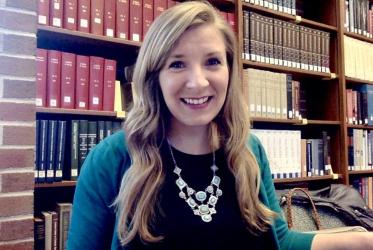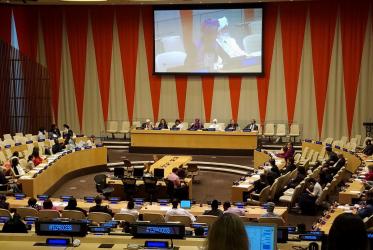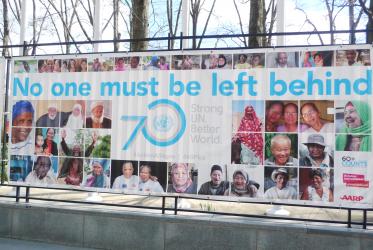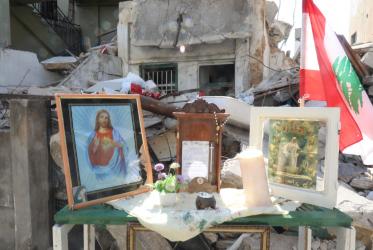Displaying 1 - 20 of 20
07 October 2019
Dr Saïd Ailabouni: God is on the side of rejected, oppressed, occupied
12 September 2019
Peacemakers at work in Sri Lanka
29 April 2019
Faces of Hope raises awareness
07 March 2018
G20 summit: call to pray for peace in Hamburg
07 July 2017
Religious leaders as agents of peace in the Americas
02 March 2016
Symposium focuses on religion, violence, extremism
04 February 2016
Killer Robots? Moral questions pervade UN conference
23 April 2015
Momentum builds for ban on nuclear weapons
16 December 2014
Serbian Patriarch Irinej addresses UN on peace
10 September 2013













